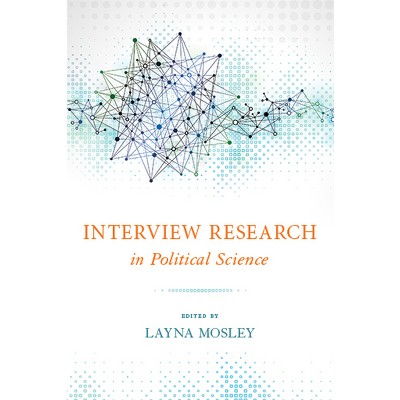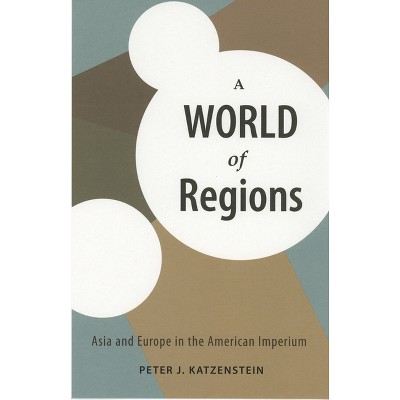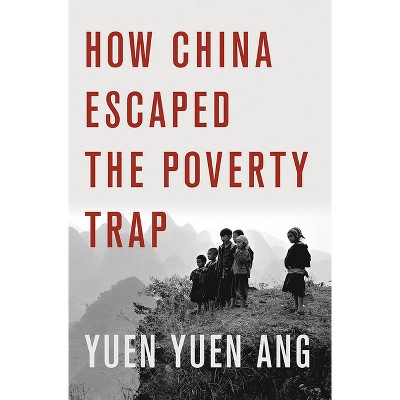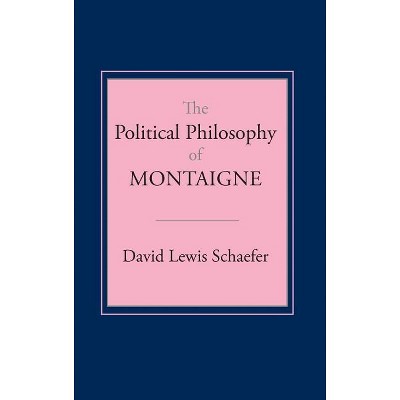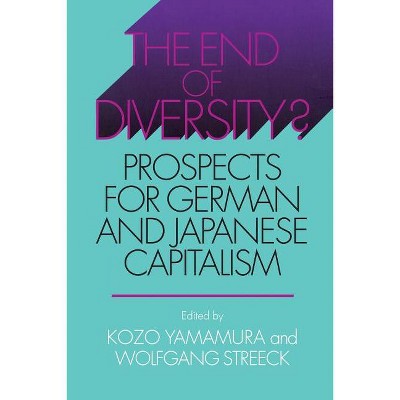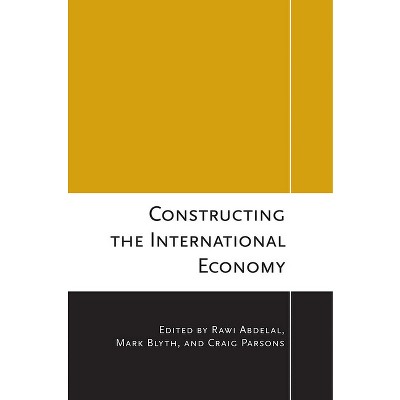About this item
Highlights
- From the start of the French Revolution, contemporary observers were struck by the overwhelming theatricality of political events.
- About the Author: Paul Friedland is Assistant Professor of History at Bowdoin College.
- 368 Pages
- History, Europe
Description
About the Book
From the start of the French Revolution, contemporary observers were struck by the overwhelming theatricality of political events. Examples of convergence between theater and politics included the election of dramatic actors to powerful political and...
Book Synopsis
From the start of the French Revolution, contemporary observers were struck by the overwhelming theatricality of political events. Examples of convergence between theater and politics included the election of dramatic actors to powerful political and military positions and reports that deputies to the National Assembly were taking acting lessons and planting paid "claqueurs" in the audience to applaud their employers on demand. Meanwhile, in a mock national assembly that gathered in an enormous circus pavilion in the center of Paris, spectators paid for the privilege of acting the role of political representatives for a day.Paul Friedland argues that politics and theater became virtually indistinguishable during the Revolutionary period because of a parallel evolution in the theories of theatrical and political representation. Prior to the mid-eighteenth century, actors on political and theatrical stages saw their task as embodying a fictional entity--in one case a character in a play, in the other, the corpus mysticum of the French nation. Friedland details the significant ways in which after 1750 the work of both was redefined. Dramatic actors were coached to portray their parts abstractly, in a manner that seemed realistic to the audience. With the creation of the National Assembly, abstract representation also triumphed in the political arena. In a break from the past, this legislature did not claim to be the nation, but rather to speak on its behalf. According to Friedland, this new form of representation brought about a sharp demarcation between actors--on both stages--and their audience, one that relegated spectators to the role of passive observers of a performance that was given for their benefit but without their direct participation. Political Actors, a landmark contribution to eighteenth-century studies, furthers understanding not only of the French Revolution but also of the very nature of modern representative democracy.
Review Quotes
In Political Actors, Paul Friedland explores wider connections between politics and theatre in the Revolution.... Complex innovations in the theory and practice of political representation are juxtaposed with more accessible theatrical innovations before and during the Revolution; both are read as manifestations of 'a fundamental revolution in representation itself', and so connected at a high level of abstraction.... Friedland presents a wealth of interesting and often unexpected exchanges between politics and theatre.
-- "Times Literary Supplement"Paul Friedland has developed a strong and provocative argument about how changes in abstract notions of representation--how one thing stands for another--shaped the emergence of new forms of political thought. He has uncovered remarkable and surprising parallels between changing ideas of representation in politics and in the world of theater, and also between the ideas of counter-revolutionary royalists on the one hand and the most radical Jacobins on the other. He uses these parallels to show why liberal ideas of representative democracy had such difficulty gaining acceptance in Revolutionary France.
-- "The New Republic"Theoretical changes in theatrical and political representation also took place during the final decades of the Old Regime... but the shift in political representation was institutionalized in a single year.... Friedland achieves an impressive effect by anchoring this epistemological shift to the outbreak of the Revolution and by constructing a narrative of theatrical representation that also centers on the same year. The notorious political instability of the Revolution, and the turbulence in the French public theaters of the 1790s, were manifestations of this epochal shift in French strategies of representation. The argument, elegant and powerful, is made even more compelling by the clarity of Friedland's prose and the depth of his research.
--Jeffrey Ravel, Massachusetts Institute of Technology "H-France Book Review"This is a book about a major conceptual development in political theory. And in terms of both argument and method, it is strikingly original and thoughtful. By focusing on an issue that was central to eighteenth-century epistemology and cultural life as well as democratic thought, Friedland succeeds in making concrete what would seem otherwise to be simply a metaphor: that revolutionary politics was a modern drama. And that makes this ambitious book itself an impressive performance.
--Sophia Rosenfeld "American Historical review"About the Author
Paul Friedland is Assistant Professor of History at Bowdoin College.







